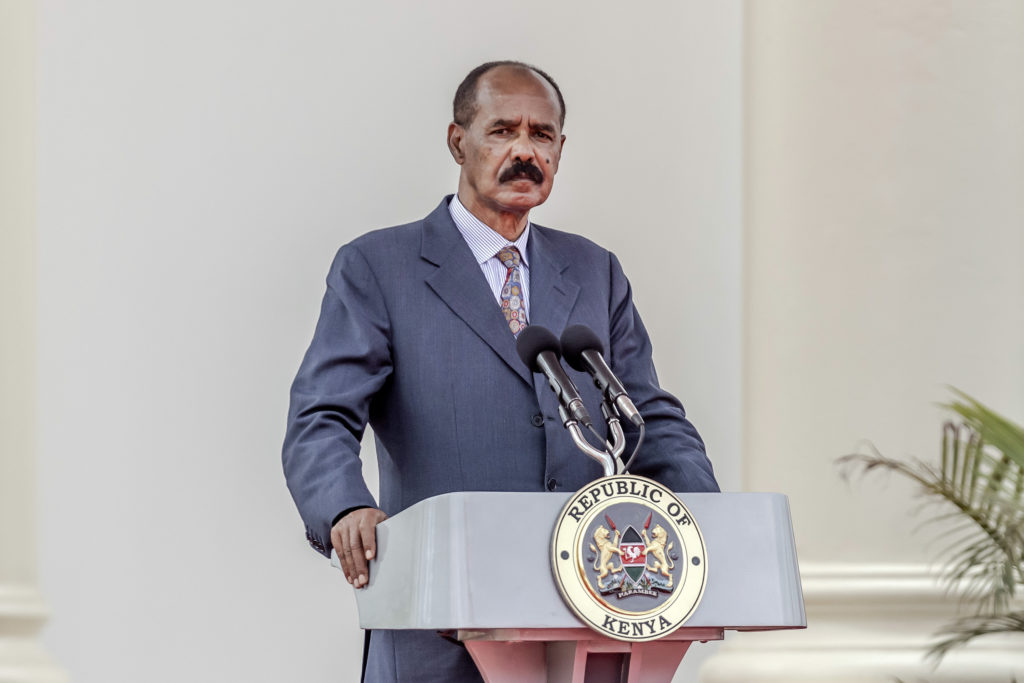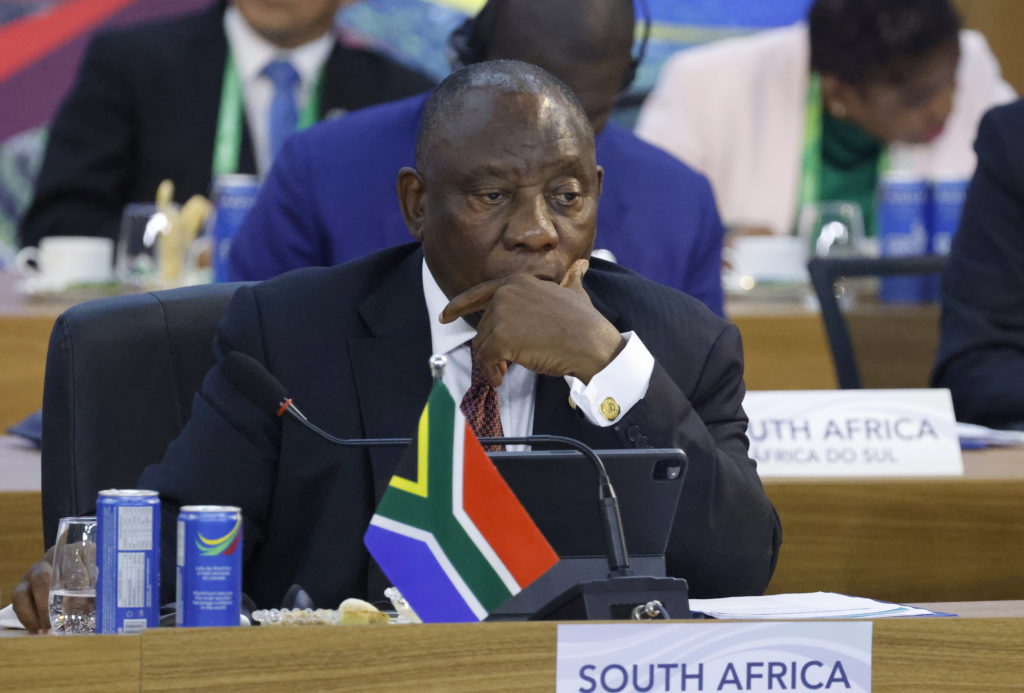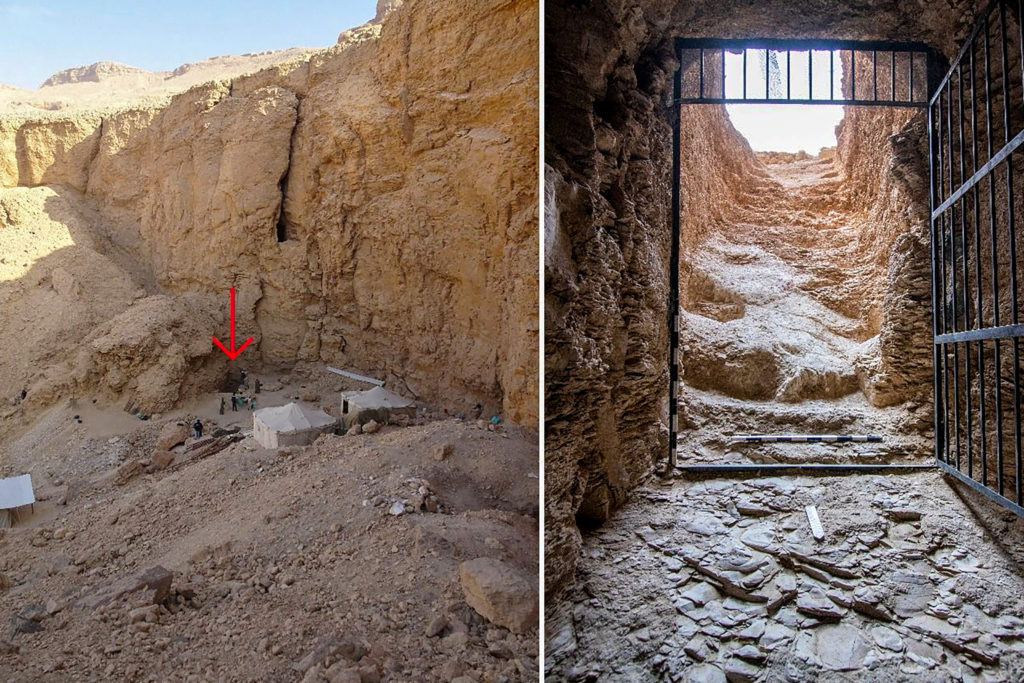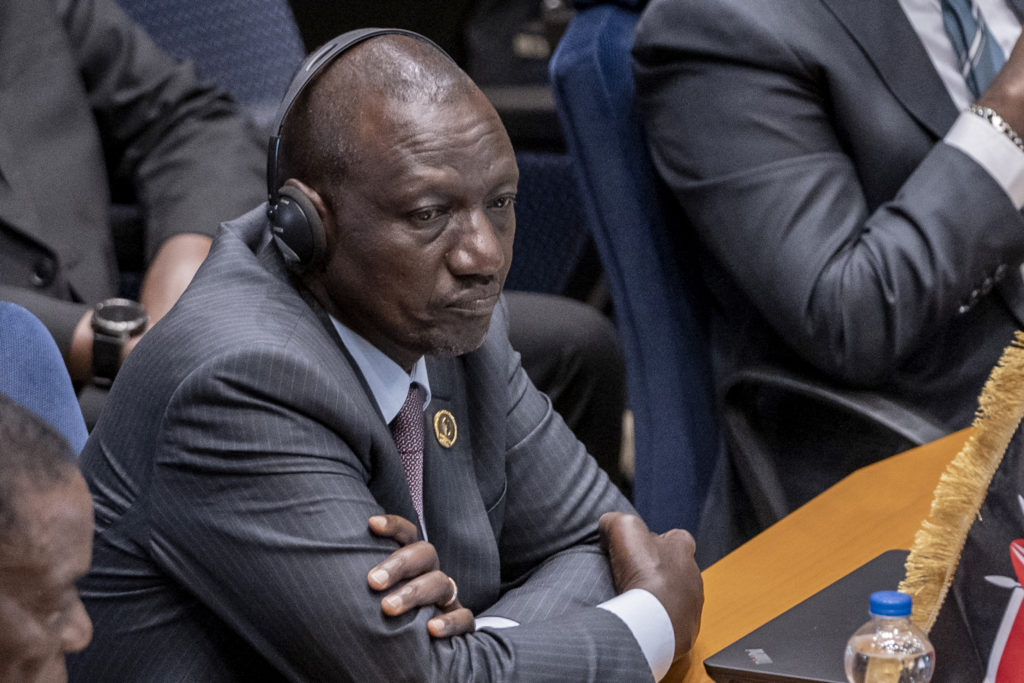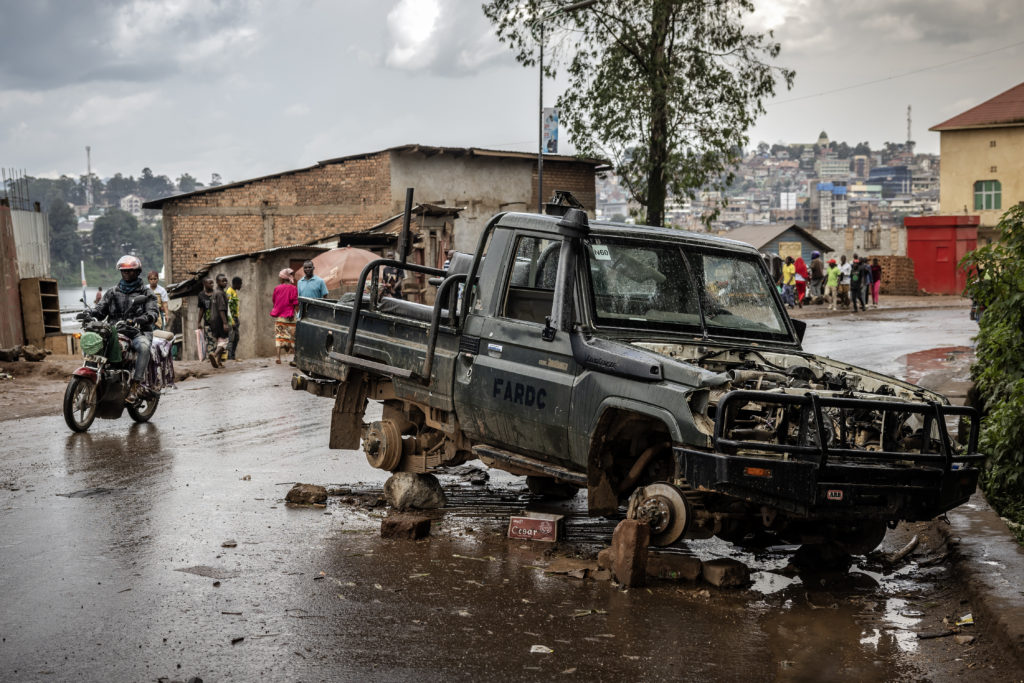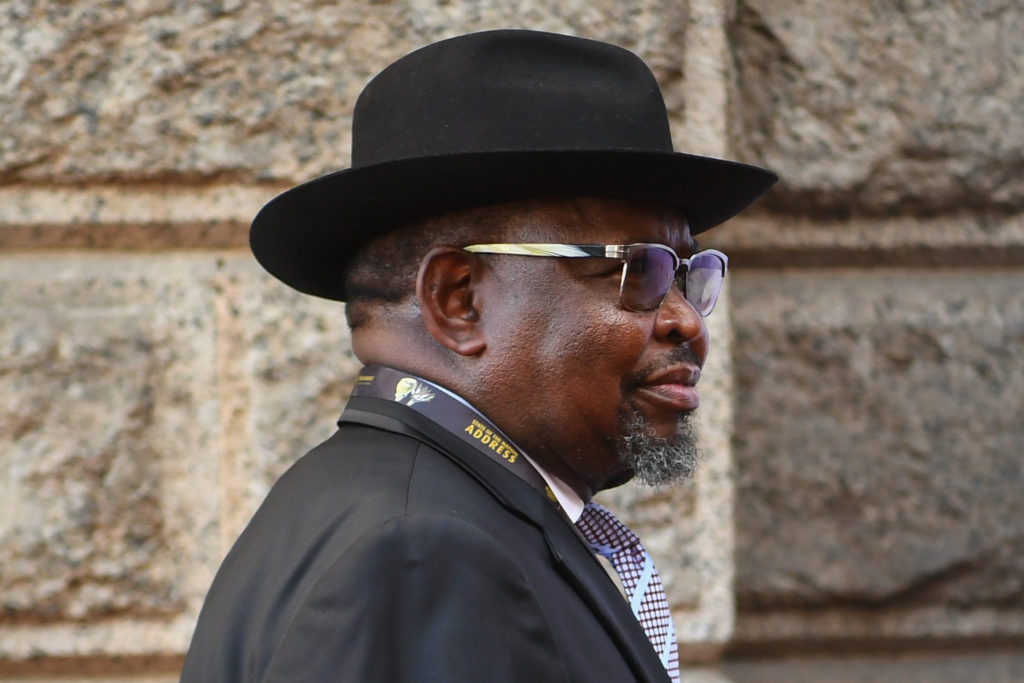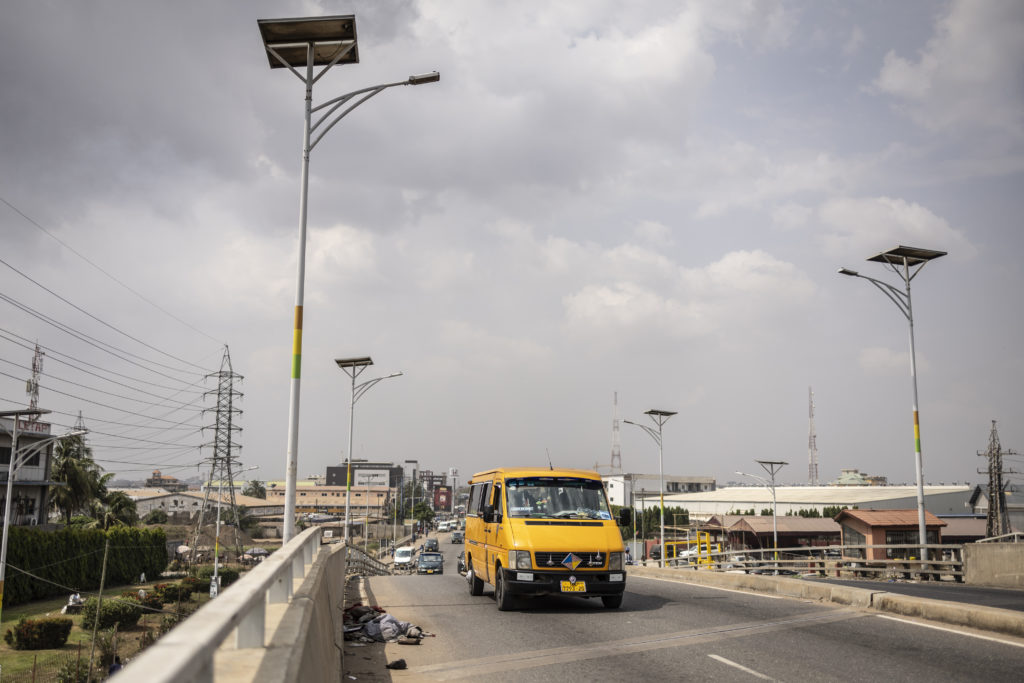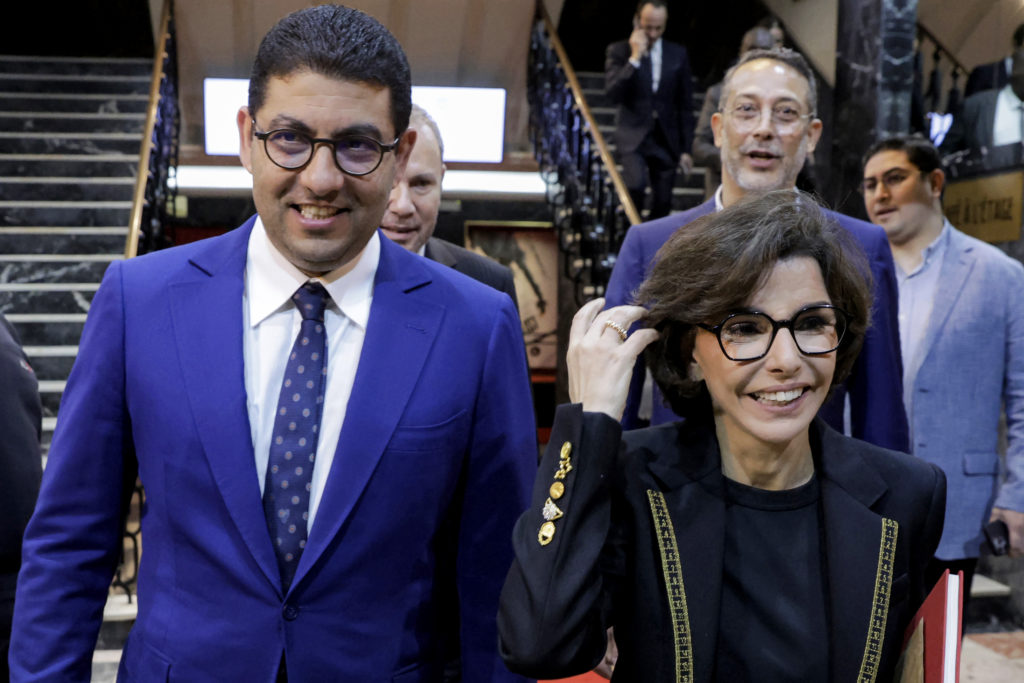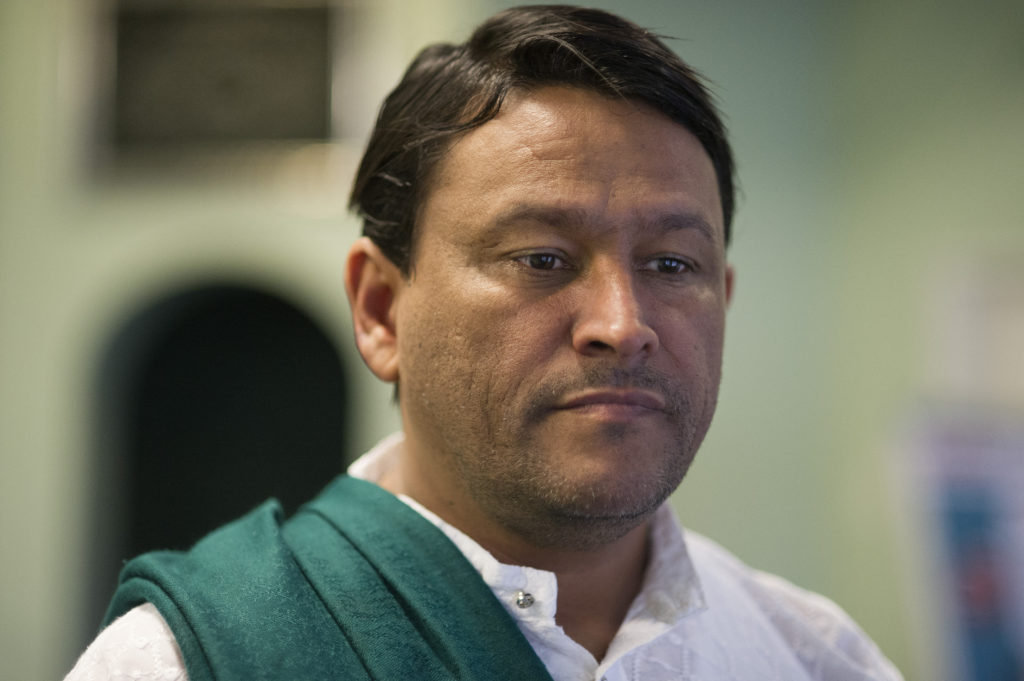Ephrem Minassie’s voice trembled as he recalled his stints in Eritrean prisons for trying to evade military service and flee the country.He was first arrested in 2001 for daring to complain about his experiences as a soldier in the brutal war against Ethiopia of 1998-2000.He was imprisoned for two months in the punishingly hot Gash Bark region of Eritrea, a country sometimes nicknamed “the North Korea of Africa”.”The prison guards used to stuff sponges in my mouth to muffle the sound of pain during the beatings and tortures I was enduring,” said Ephrem, 43. There was little ventilation in the cells and prisoners received only “dirty water once a day” alongside meagre rations of bread and tea, Ephrem told AFP by phone.Though he has now fled to Ethiopia, his name has been changed along with others interviewed by AFP, for fear of repercussions by the Eritrean authorities.The small Horn of Africa state of about 3.5 million people is largely sealed off from the outside world. Emigration is largely illegal and it has a brutal system of forced conscription and labour that rights groups and the United Nations have compared to slavery.Ephrem was arrested again in 2006 and sent without trial for two years to a prison in the west. “I and other prisoners were regularly whipped by electric batons on various parts of our body, especially our backs,” he said. Women, most detained for trying to flee across the border, were frequently raped, he said.Ephrem was released and fled to neighbouring Sudan, but was arrested by Sudanese soldiers in Khartoum and handed back. For six years, he was transferred between various facilities. “I once again endured several regular beatings and torture, especially beatings on the soles of my feet… lasting for approximately an hour daily,” he said. – ‘Metal containers in desert’ -President Isaias Afwerki has ruled Eritrea since leading the country to independence from Ethiopia in 1993 after three decades of war. The one-party state has never held elections. A vast purge in 2001 wiped out all remaining opposition and shut down private media. It languishes towards the bottom of many rankings: dead last for press freedom according to Reporters Without Borders in 2024, and 175th out of 183 for human development in 2022, according to the UN. Prison conditions are often singled out for criticism. “Enforced disappearances, arbitrary detention, torture and inhuman or degrading treatment in detention are widespread and systematic,” the UN special rapporteur for human rights in Eritrea, Mohamed Abdelsalam Babiker, told AFP.”Some are confined in locked metal containers in the desert, subjected to unbearable temperatures,” he said, adding that the situation has even worsened in recent years.The authorities in Asmara do not permit independent UN investigations in the country. The government’s information minister, Yemane Gebremeskel, did not respond to questions from AFP. – ‘Rats and snakes’ -Eritrea is home to many Orthodox Christians and Sunni Muslims, but other groups can face severe repression.Daniel Hagos says he was arrested along with two others on June 19, 2014 in the southern city of Tserona, for preaching the evangelical gospel.”We were put in a hot, dark underground prison infested with rats and snakes,” he told AFP by phone, his voice weary.There was little food, and the physical abuse involved copper cables.”I think the prison guards were trying to kill us through a combination of starvation, beatings and neglect.”After four years, he was released in 2018. The 40-year-old, whose left leg is paralysed from the torture, now lives in Addis Ababa. “I’m lucky I’m alive, other (prisoners) I know are dead,” he said. Goitom Abreha, a pastor, was also arrested for his Protestant faith. “I endured various forms of torture,” the father-of-five told AFP, hardest of all being long days working in stifling heat. Throughout his detention, he had no contact with his family. After his release, Goitom was determined to leave the country as soon as possible. A peace agreement with Ethiopia in 2018 offered a temporary opening that allowed him and many others to flee, and he now likewise lives in Addis Ababa with his family.He said he holds out a dim hope of returning “when the governmental systems improve and all aspects of rights are upheld”.”But not at this time.”
Tue, 18 Feb 2025 06:09:02 GMT

